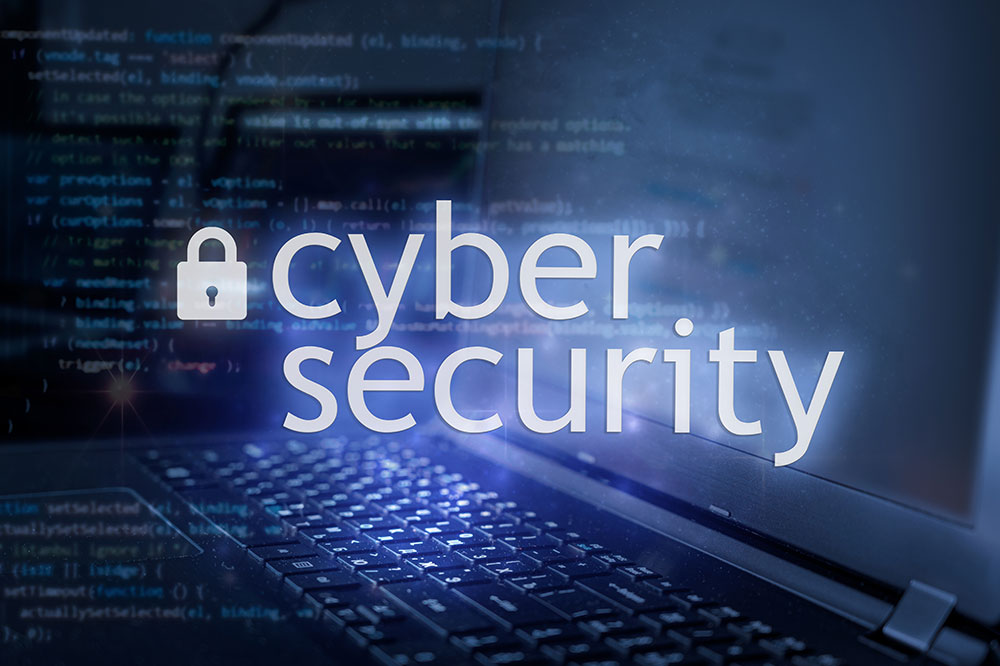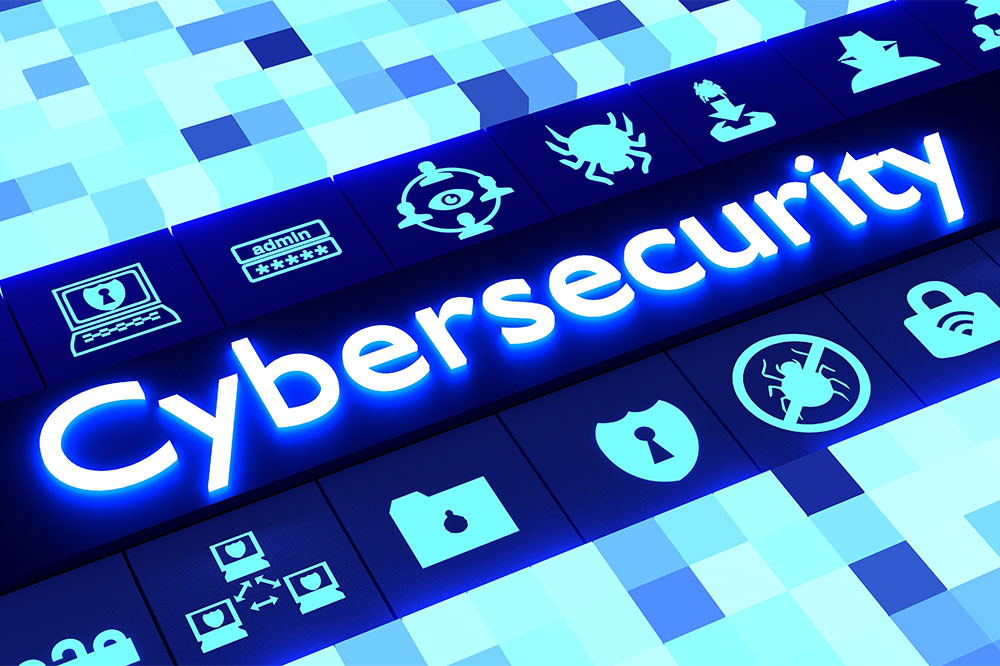Enhancing Your Cybersecurity Career: Comprehensive Guide to Courses and Degree Programs
This comprehensive guide explores top cybersecurity courses and degree programs, highlighting certifications for beginners and advanced degrees from prestigious universities. Learn how to build a successful career in cybersecurity by acquiring essential skills, staying current with industry trends, and advancing to strategic roles. Whether starting out or seeking leadership positions, the article provides valuable insights into educational pathways to thrive in this vital industry.

Enhancing Your Cybersecurity Career: Comprehensive Guide to Courses and Degree Programs
In today's digitally driven world, the importance of cybersecurity has skyrocketed as cyber threats become increasingly sophisticated and prevalent. Organizations across all sectors—whether private companies, government agencies, or non-profits—recognize that safeguarding their digital assets and sensitive data is paramount. As a result, a career in cybersecurity has become highly sought after, offering numerous opportunities for growth, specialization, and financial stability. For individuals eager to enter or advance within this dynamic field, understanding the available educational pathways is essential. This comprehensive guide explores top courses, certifications, and degree programs designed to equip aspiring cybersecurity professionals with the skills needed to succeed in this vital industry.
The rapid expansion of technology infrastructure, cloud computing, and digital transformation initiatives has escalated the demand for skilled cybersecurity specialists. Whether you’re just starting out or seeking to deepen your expertise, there are structured learning pathways to help you achieve your career goals. From foundational online courses suitable for beginners to advanced master’s programs tailored for seasoned professionals, this article explores options to suit various experience levels and ambitions.
**Key Certifications for Cybersecurity Beginners and Professionals**
IBM Cybersecurity Analyst Professional Certification: This certification is designed to prepare you for a successful career as a cybersecurity analyst. It covers fundamental topics including endpoint security, network defense strategies, incident response procedures, and vulnerability assessments. With in-depth modules on threat detection and penetration testing, it provides a solid foundation necessary for tackling real-world security challenges.
The Complete Cyber Security Course: Hackers Exposed!: Available on Udemy, this highly-rated course is ideal for newcomers eager to understand hacking techniques and defensive measures. It teaches practical skills to identify and mitigate threats such as malware attacks, phishing scams, and zero-day vulnerabilities. The course also delves into dark web markets, exploit kits, and the evolution of cyber threats, making it suitable for those interested in ethical hacking and threat intelligence.
Google IT Security Fundamentals Certification: Designed for beginners, this certification covers core security principles, including encryption, authentication, and network defense strategies. It emphasizes building a security-conscious culture within organizations and introduces ethical hacking practices. The course aims to lay a strong groundwork for subsequent advanced certifications or degree programs.
Cybersecurity for All by University of Maryland, College Park: This introductory course aims to demystify cybersecurity concepts for learners at all levels. Topics include security policies, telecommunications architecture, threat actors, and attacker motivations. It serves as an excellent stepping stone for professionals transitioning into cybersecurity or those seeking a broad understanding of the field.
**Advanced Education: Degree Programs to Elevate Your Career**
While certifications provide quick entry points and specialization, pursuing a degree in cybersecurity can significantly enhance your career prospects. A bachelor’s or master’s degree offers comprehensive knowledge, practical experience, and credibility within the industry. For those aiming for specialized roles such as security architect, forensic analyst, or cybersecurity manager, advanced degrees are often a prerequisite. Below are some prestigious institutions offering reputable master's programs tailored for aspiring cybersecurity professionals:
Johns Hopkins University: Their online Master of Science in Cybersecurity program emphasizes network security, system analysis, and autonomous cybersecurity strategies. It combines technical expertise with leadership skills, preparing students to design, implement, and manage complex security systems.
The Tandon School of Engineering at New York University: Offers an in-depth cybersecurity master's program that focuses on algorithm development, digital forensics, cryptography, and vulnerability analysis. The curriculum is designed to foster innovation and analytical thinking, equipping graduates for advanced roles in cybersecurity.
George Washington University: Their practical online Master of Engineering in Cybersecurity program emphasizes real-world application, analytics, and the development of effective security policies. It prepares students to anticipate, detect, and counter sophisticated cyber threats effectively.
Maryville University of Saint Louis: Known for its industry-relevant curriculum, the cybersecurity master’s program prepares students for roles such as security engineer, network architect, or Chief Information Security Officer (CISO). It integrates technical cybersecurity skills with strategic business insights to foster well-rounded professionals capable of leading organizational security initiatives.
**The Future of Cybersecurity: Trends and Opportunities**
As cyber threats continue to evolve, so does the field of cybersecurity. Emerging trends include the increased adoption of artificial intelligence and machine learning for threat detection, the expansion of cloud security solutions, and the rise of zero-trust security frameworks. Professionals with advanced education and certifications will be well-positioned to capitalize on these developments, securing high-paying roles and leadership positions across industries.
Whether you’re taking your first steps with introductory courses or aiming for executive roles through advanced degrees, ongoing education is key to staying ahead in cybersecurity. Continuous learning, hands-on experience, and staying current with industry trends will ensure your success in this fast-paced, vital sector.
If you’re considering a career in cybersecurity, explore the various educational pathways available. Certifications can provide quick entry or specialization, while degree programs offer comprehensive expertise and higher earning potential. Combining both approaches—certifications for practical skills and degrees for strategic knowledge—can position you as a valuable asset in an increasingly digital world.





